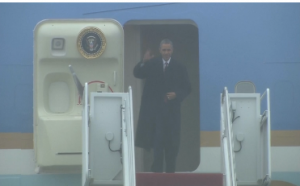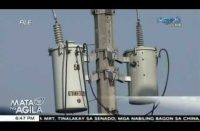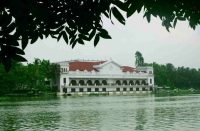
(Reuters) — U.S. President Barack Obama returned to the United States Tuesday (April 29) after a week-long, four-country tour of Asia.
The U.S. president’s clear aim was to demonstrate that his long-promised strategic shift towards Asia and the Pacific, widely seen as aimed at countering China’s rising influence, was real. Early reviews from the region were mixed.
Japan, Obama‘s first stop, set the tone for a glass-half-full/glass-half-empty dynamic that characterized the trip.
He was notably unable to announce a two-way trade deal with Japan, despite an informal “sushi summit” with Japanese Prime Minister Shinzo Abe and marathon last-ditch negotiations, raising questions over the momentum behind a broader trans-Pacific pact.
Things went so badly the two sides had to delay issuing a summit-ending joint communiqué – normally a mere formality between close allies – until just before Obama left.
China called on the United States and Japan to abandon their “Cold War mentality” but was mostly muted about rest of the trip, although some experts cautioned Beijing’s response might only become clear in the coming weeks or months.
Near the end of the trip, one Chinese official implied that American’s interest in the region could be fleeting, as even some allies fear, while Beijing’s engagement would be constant.
Obama‘s first Asia trip of his second term also comes at a time when his broader foreign policy record is facing criticism, including over his response to the Syrian civil war and a faltering Israeli-Palestinian peace effort.
In South Korea, Obama offered poignant words of condolence over the scores killed in an April 16 ferry disaster and also expressed solidarity over Seoul’s troubles with Pyongyang, but had no new ideas for curbing North Korea’s nuclear ambitions.
In Manila, Obama hailed one of the few tangible achievements of the trip – the signing of a 10-year military pact with the Philippines that opens the way for U.S. troops, planes and warships to have greater access to bases in the Philippines.







